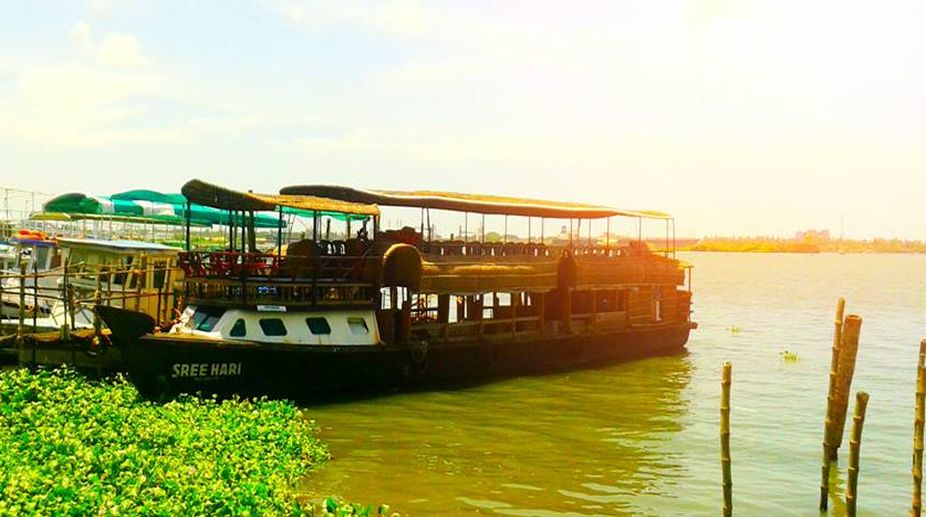Kerala Ranji Trophy team receive heroes welcome
The Kerala Ranji Trophy side was given a heroes' welcome when they arrived on a charter flight in the state capital city on Monday night.

(Photo: Facebook)
A village in the backwaters of Kerala is vying for top honours at the London World Travel Mart. After almost a decade of practising ‘responsible tourism’ (RT), the picturesque Kumarakom tourist destination is aiming to seek global recognition.
The Kumarakom initiative had been selected as one of the 12 RT projects from across the globe and the award declaration is scheduled to be made on November 8.
Advertisement
A detailed two year study on the Kumarakom initiative has been submitted along with the application at the WTM, according to K.Rupesh Kumar, coordinator at the Kerala State Responsible Tourism Mission.
Advertisement
Kumar along with two others — Jenefer Bobbin and Harold Goodwin of the International Centre for Responsible Tourism, London — carried out the study with extensive field visits.
The nearly two year long study found that “the positive impacts of tourism” resulted in better roads, better prices for local produce and increased job opportunities. On the negative aspects, it found that water was getting polluted and that land prices had shot up.
The initiative also created a range of self-help groups which sold agricultural and handicraft products to the hotels and resorts. The study found that 2,793 men and 1,062 women were involved in some way with the tourism industry.
Kumar said that all these achievements did not take place overnight as he and many others came into the RT movement after seeing that Kumarakom destination was developing in an “unscientific manner”.
The mainstay of Kumarakom, located 13 kms from Kottayam next to Vembanad lake, is houseboat tourism and home stays. There are nineteen resorts in the area. Almost 70 per cent of the households are engaged in tourism activities, the study said.
“It was through a protest in 2007 that we highlighted that there had to be a system in place to take forward the local community in tourism. We also highlighted that there could be no unscientific development in Kumarakom and it proved to be a success,” Kumar said.
Advertisement